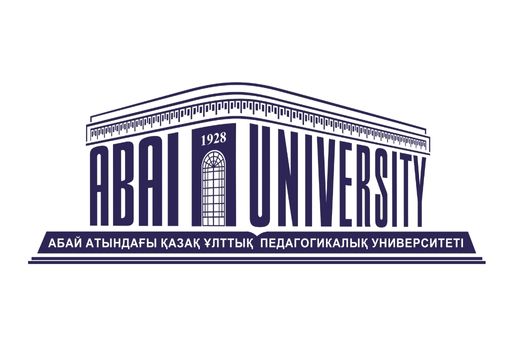Period of project implementation: 2024 – 2026
Project relevance: Over the past few years, the Kazakh school system has fully transitioned to an updated curriculum, which has been recognized by the OECD as a positive step in modernization. As part of this reform, the school geography course has also been revised, reflecting global changes, technological progress, and the need to develop critical thinking and civic literacy. Notably, in Kazakhstan, the subject of “Geopolitics” is studied in the 10th-11th grade textbooks, which is rare for school curricula in many countries around the world. Studying geopolitics contributes to understanding global events, developing geographical awareness, and fostering civic responsibility, as well as preparing students for life in a global society. However, challenges arise due to the complexity of the material, the lack of educational resources, and the need for updated information. To overcome these difficulties, it is necessary to create a methodological guide that will help teachers structure knowledge and identify effective methods for teaching geopolitics. Developing a structural-content model for teaching geopolitics is also a critical task, as it will serve as a foundation for improving education quality and preparing students to understand modern global processes.
Project purpose: Providing practical assistance to geography teachers by developing a methodological guide for the “Geopolitics” section within the updated curriculum of the 10th-11th grade geography course, thereby enhancing the educational level of secondary school students.
Project objectives:
Tasks for 2024:
– analyze the educational objectives for the “Geopolitics” section in the standard curriculum of the “Geography” subject for 10th-11th grades.
– review contemporary scientific and pedagogical sources on geopolitics.
– compare the structure and content of the Kazakh geography curriculum with those of foreign programs.
Tasks for 2025:
– explore the possibilities for forming systems of knowledge on geopolitics among 10th-11th grade students.
– develop a structural-content model for the process of forming systems of knowledge on geopolitics for senior students, which will help structure knowledge, define learning objectives, and determine methods for achieving them.
– develop practical exercises and case studies for students that contribute to a deeper understanding of key concepts and foster analytical skills and critical thinking.
Tasks for 2026:
– analysis and selection of methods for the formation of knowledge systems on geopolitics within the framework of geographical education;
– development of a methodological manual on the section “Geopolitics” in order to provide practical assistance to teachers, which will ultimately serve to ensure an increased level of mastering knowledge on the section being studied;
– experimental work to assess the results of the development of practical exercises and cases for students, as well as a methodological manual for geography teachers.
– testing of project results, publication of articles;
– development of a methodological manual.
Research group composition:
1) Nazira Berdigulkyzy Myrzaly, Master’s degree, Senior Lecturer – Project Leader, Researcher, Scopus ID: 57841623100, ORCID ID: 0000-0001-8646-6255.
2) Karlygash Kamanaevna Muzdybayeva, Candidate of Geographical Sciences, Senior Lecturer – Scientific Consultant, Lead Researcher, Scopus ID: 57196247133, ORCID ID: 0000-0003-4258-5636.
Results // Expected results
Expected results for 2024:
– the educational objectives for the “Geopolitics” section in the standard curricula of the “Geography” subject for 10th-11th grades will be analyzed.
– a review of contemporary scientific and pedagogical sources on geopolitics, as well as studies related to the formation of systems of knowledge in geopolitics within geographic education, will be conducted.
– a comparative analysis of the study of geopolitics in the school systems of foreign countries and Kazakhstan will be carried out. As a result, an article will be written and published in Scopus/WoS databases.
Expected results for 2025:
– the possibilities for forming systems of knowledge in geopolitics among students will be explored using various methods and resources, including school curricula, supplementary materials, special courses and seminars, video lessons, and more.
– a structural-content model for the process of forming systems of knowledge in geopolitics for senior students will be developed, helping to structure knowledge, define learning objectives, and determine methods for achieving them.
– practical exercises and case studies will be developed for students, aimed at deepening their understanding of key concepts, and enhancing their analytical skills and critical thinking.
Expected results for 2026:
– methods for forming systems of knowledge in geopolitics within the framework of geographic education will be analyzed and selected.
– a methodological guide for the “Geopolitics” section will be developed to provide practical assistance to teachers, ultimately ensuring a higher level of knowledge acquisition in the studied section.
– experimental work will be conducted to evaluate the effectiveness of the developed practical exercises and case studies for students, as well as the methodological guide for geography teachers.
– the project’s results will be presented at an international pedagogical conference, and two research articles will be published in journals indexed in the science citation index expanded web of science and/or having a citescore percentile of at least 35 in the scopus database.

